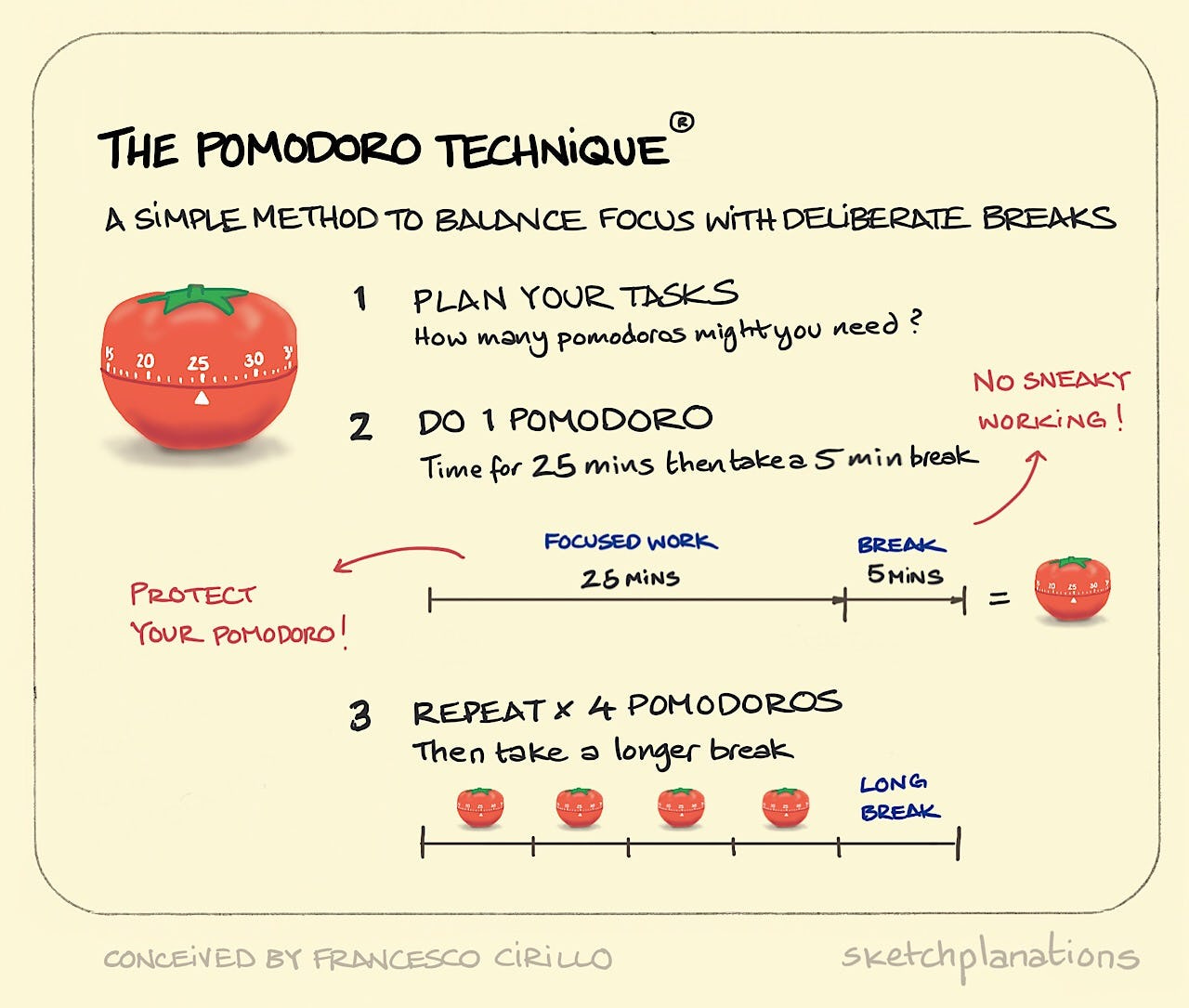Want business results? Focus on inputs and not outputs
Building a business is like making the perfect cup of chai - focus on the ingredients you put in, and the outcome will sort itself out.
In the fast-paced world of entrepreneurship, it is so easy to get fixated on the end results - revenue targets, customer acquisition, profit margins. Outcomes are important, but if you focus on them, you lose sight of the things you actually need to do to reach them. Today, I want to share a game-changing perspective that changes the way we as founders approach our businesses: by focusing on inputs over outputs.
Why Inputs Matter More than Outputs
Longevity: By consistently executing the right actions (inputs) at the right quality, businesses can build a solid foundation for long-term growth and resilience
Learning: Encourages a deeper understanding of the steps involved in achieving an outcome, helping you learn and continuously improve along the way
Greater control: Inputs are a lot more within your control than outcomes. Concentrating on inputs empowers us to take charge of our actions and strategies, reducing dependency on unpredictable external variables
Enhanced problem solving: Instead of reacting to outcomes, founders can identify and address challenges in the early stages, mitigating risks and focusing efforts on the right things
Meaningful progress tracking: Outcomes can sometimes feel overwhelming, especially if they are distant and/or challenging. Breaking down objectives into actionable inputs makes the path more manageable, with the ability to track and celebrate small wins while learning from mistakes.
Optimising Inputs in Entrepreneurship
Optimising time, resources, and efforts throughout your founder journey is a mix of Art and Strategy. Depending on your particular situation, either one of these or a combination of the two can be most helpful. Here are a few that we’ve collated over time from successful founders across the globe:
Ruthless effort prioritisation
Strategy: Use frameworks like the Eisenhower Matrix to categorise tasks
Art: Remind yourself of your business objectives for the next month, and identify the most impactful tasks that align with them
Strategic partnerships
Strategy: Form strategic partnerships that complement your strengths and compensate your weaknesses, optimising the overall effectiveness of the time and effort that you put into nurturing these relationships
Art: Build relationships with partners based on mutual trust and shared values
Time management
Strategy: Utilise techniques e.g. Pomodoro or time blocking to enhance focus and productivity
Art: Understand your personal peak productivity times and align important tasks accordingly
Resource allocation
Strategy: Implement resource management tools and workflows assessment to understand how you can optimise resources for the biggest outcome(s)
Art: Recognise the core value proposition of your business, and allocate resources accordingly to build capabilities related to it
Deciding on your next step
Strategy: Leverage data analytics to gain insights into customer behaviour, market trends, and performance of various business inputs.
Art: Use intuition and experience to guide your next step based on observations and “the big-picture” of where you are vs where you want to be in x months
Prompt of the week
Identify one key business process or task that, when optimised, could have a significant impact on your overall outcomes. It could be related to time management, resource allocation, or workflow efficiency.
Develop 1 strategy and 1 art-related technique to optimise this process, and start implementing it. Track progress regularly and encourage feedback from customers and/or your team to see if it is improving key outcomes.
Till we meet next week,
- Nareen



![[Inline illustration] The four quadrants of the Eisenhower Matrix (infographic) [Inline illustration] The four quadrants of the Eisenhower Matrix (infographic)](https://substackcdn.com/image/fetch/$s_!cT1e!,w_1456,c_limit,f_auto,q_auto:good,fl_progressive:steep/https%3A%2F%2Fsubstack-post-media.s3.amazonaws.com%2Fpublic%2Fimages%2F0fb9d152-f5d9-4117-9ef4-837bf46e52e4_1680x1722.webp)
